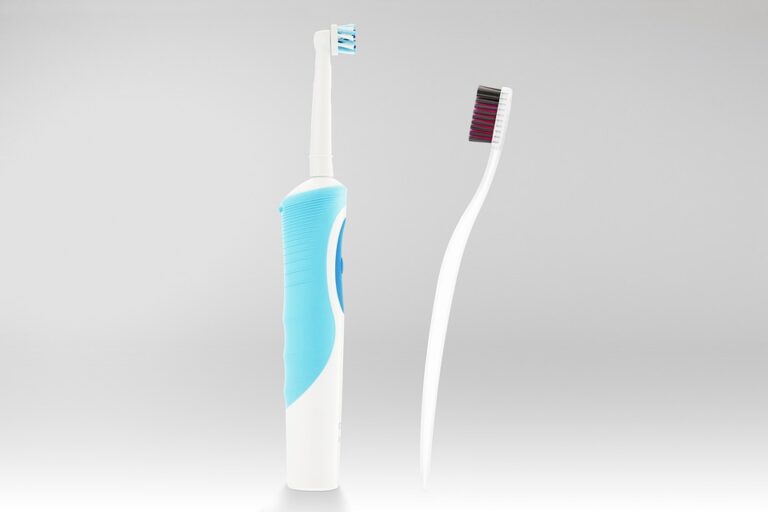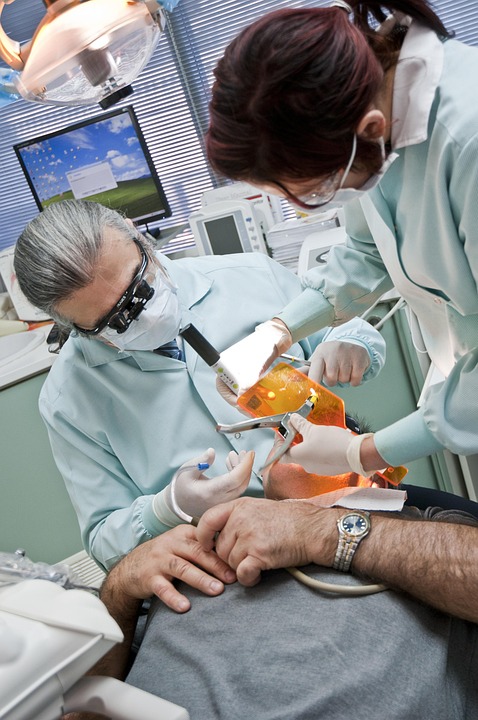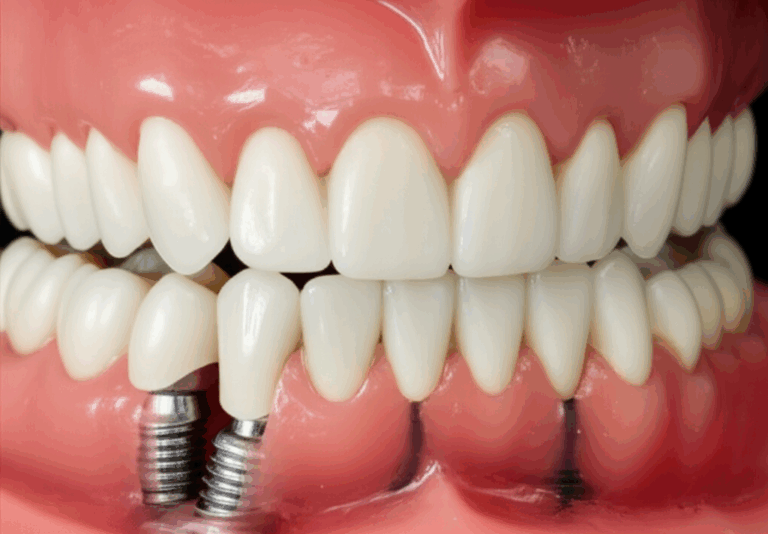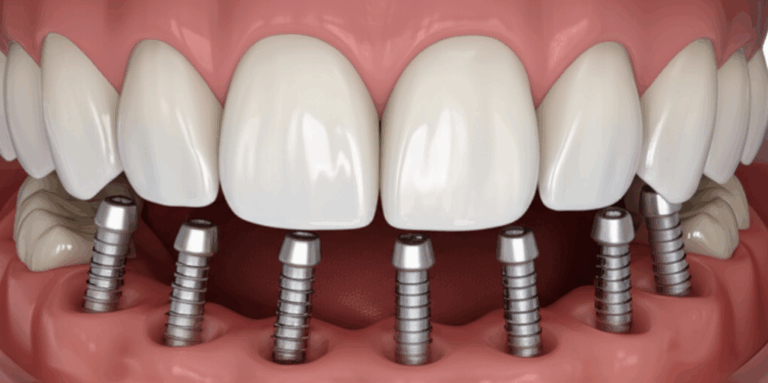
Can Dental Implants Cause Health Problems
If you’re worried about dental implants and if they can hurt your health, you’re not alone. A lot of people wonder about this before they decide to get them. After talking with dentists and reading about dental health, I can say there’s a lot to think about. In this article, you’ll learn what problems can happen, how often they happen, and how you can keep your mouth and your whole body safe. Let’s stop guessing and make sure you really know what you’re getting into.
Article Outline
- What Are Dental Implants?
- Why Do People Worry About Dental Implant Health Risks?
- Can Dental Implants Cause Infections?
- Do Dental Implants Lead to Allergic Reactions?
- Is There a Link Between Implants and Chronic Pain?
- Can Implants Affect Your Overall Health?
- What About Implant Failure and Bone Loss?
- Do Materials Like Zirconia or Emax Make a Difference?
- How Does a Good Dental Lab Help Prevent Problems?
- What Can You Do to Lower the Risks?
- Should You Still Get Dental Implants?
- Summary: Key Points To Remember
What Are Dental Implants?
To start, dental implants are small metal rods, usually made of titanium or other strong stuff, that are put into your jawbone. They work like the roots of fake teeth. Dentists put crowns, bridges, or even dentures on top of these rods.
When I thought about getting implants, I found out they are a popular pick instead of bridges or dentures. That’s because they look and work a lot like real teeth. If you have gaps in your mouth, an implant might give you back your smile and even help your jawbone stay strong.
But it’s important to know what these things are, and what they do inside your body. That way, you can catch any problem early on.
Why Do People Worry About Dental Implant Health Risks?
Here’s the thing: people hear about bad stories with dental implants—like aching jaws, infections, or even the body “rejecting” the part. It’s scary when you think of something being stuck in your jaw for years.
I’ve talked to people who feel nervous about putting any metal or foreign thing in their body. dental care is better than ever, but worries don’t go away so fast. TV shows, the internet, and even scary stories from friends can make the fear worse.
This is where the PAS method comes in. First, the problem: you’re worried about health problems. Next, that worry can get bigger as you think you might have pain, sickness, or huge doctor bills. But, there’s good news. Careful planning and choosing a great dentist helps a lot. Stick with me, and I’ll show you what to watch for and how to avoid trouble.
Can Dental Implants Cause Infections?
No one wants to hear “infection” when it comes to their teeth. I get it. After surgery, there’s always a chance germs might get in and cause problems. With implants, infections can sometimes show up around the gums or in the bone.
From my talks with dentists and what I’ve read, the most common infection is called “peri-implantitis.” This starts when germs sit around the implant, which can make the gums swell or even hurt the bone. Signs can be as small as a little redness or as obvious as steady pain. Sometimes, you may see some pus or the tooth might wiggle.
Here’s the problem: if you don’t treat infections near implants, things can get a lot worse. You could lose the implant. The good news? Brushing every day, seeing your dentist often, and having a skilled surgeon lowers your chances of problems a lot. Dentists trained at great labs—like 3d dental labs or a careful china dental lab—have strict rules for keeping everything clean and germ-free.
Do Dental Implants Lead to Allergic Reactions?
Being allergic is another thing people think about. Most implants are made with titanium, which most people are fine with. But some people are allergic to metals or some mixes of metals.
I met a lady in a waiting room who told me she got itchy skin and swelling after getting her implant. It turns out, she was one of the few who are allergic to nickel, which can sometimes be in these materials. These cases are rare. In most people, allergies happen in less than 1% of cases.
So, what’s the fix? Before you get an implant, your dentist might run allergy tests, especially if you’ve had issues with jewelry or metal before. New choices, like zirconia or ceramics from an emax dental lab, are metal-free, so they may be safer for people with allergies.
Is There a Link Between Implants and Chronic Pain?
Having pain that stays for a long time is tough. Should your new tooth hurt more than the old missing one? I’ve talked to a few people who felt strange pain or tingling by their implants for months, even years.
Most aches after implant surgery go away in days. Still, sometimes, nerves can get bumped or the implant might move a little as you heal. When this happens, even chewing or speaking can hurt. Ongoing pain doesn’t happen a lot, but when it does, it can really bring you down.
The good news: if you catch it early, you can treat it. Always tell your dentist if something feels off. Sometimes, moving the implant or some special treatments can help your nerves get better. If you go with a dentist who uses new tools and labs—like 3d dental lab tech—you’re less likely to have pain, because the equipment helps plan the job and avoid nerve trouble.
Can Implants Affect Your Overall Health?
This is a big one: can a little screw in your jaw hurt your health in other ways? Some people worry implants might cause heart trouble, long-term sicknesses, or just make them feel tired all the time.
From what science says, there’s no strong proof that dental implants cause these big health problems. But, gum infections can make you more likely to get other diseases, just like gum disease does. Your mouth and body are linked—germs from your mouth can move around and cause more trouble if you don’t fix gum problems.
The best answer: keep your gums clean. Brush, floss, and go for check-ups. You’ll save more than just your teeth—you’ll help keep your whole body safe.
What About Implant Failure and Bone Loss?
When an implant fails, it can feel like you lost your chance. You spend time, money, and hope, and the last thing you want is for your implant to fall out or your jawbone to shrink.
Implants can fail for different reasons: infections, the wrong spot, smoking, or not enough bone. You might hear a snap or feel the implant get wobbly. Even the best ones can fall out if the bone can’t hold on tight enough.
The fix? Make sure your dentist uses scans and models from a good 3d dental lab, so they can see if your bone is strong enough before surgery. If you do lose bone, you might be able to get a bone graft to build it back up. Don’t miss check-ups—that’s your best shield.
Do Materials Like Zirconia or Emax Make a Difference?
It used to be that titanium was the only pick, but now things like zirconia or emax are more common. I’ve seen them at a busy zirconia lab, and these have clear bonuses: they’re strong, look like teeth, and are better for people with allergies.
Some research shows zirconia doesn’t attract as much plaque or germs. Emax materials also look great—they basically look like your own teeth but can stand up to years of eating.
Changing the material can sometimes fix allergy or infection worries. Your dentist will help you pick what’s best for your mouth and your health. Just remember, you don’t always need the fanciest thing—a good dentist and a reliable dental lab matter more than the latest buzzword.
How Does a Good Dental Lab Help Prevent Problems?
I learned this the tough way: not all dental labs are equal. Some are better trained, more careful, and use better equipment—like new scanners and 3D printers.
Whether it’s a china dental lab or a local one, how careful they are can really affect your implant. If a lab uses clean, strong materials, and the latest digital tools, your implant will fit better and stay in for longer. Good labs also have very clean work areas, which helps stop infections or implants coming loose.
So, ask your dentist where they get their lab work done. A little homework now can save you a lot of worry later on.
What Can You Do to Lower the Risks?
You can’t change everything, but you do control a lot. First, choose a dentist who uses a trusted dental lab and keeps up with new skills and equipment. Don’t be afraid—ask them questions and look at photos of their past work.
Once you get your implant, that’s when your work starts. Brush and floss each day, just like you would with your real teeth. Get your teeth cleaned twice a year. If you have medical problems, tell your dentist up front. Things like diabetes, smoking, and immune problems can raise your risk of trouble.
Eat good food. Skip sticky candy and keep away from tobacco. If you see swelling, feel pain, or anything seems off, don’t wait—see your dentist right away. If you catch a problem soon, it’s much easier to fix.
Should You Still Get Dental Implants?
Here it is—the big one: is it still a good idea? A lot of people ask this. Even with all these possible problems, most people get dental implants and never have a big issue.
Because dental care and materials are better now, lots of people have nice new smiles without pain or trouble. The trick is to be ready, pick a great team, and take care of your implants every day.
So, should you get implants? If you have missing teeth and want something that feels and works like real teeth, dental implants are usually a safe and smart pick. Just keep in mind—it’s surgery, so being prepared and learning about it makes a big difference.
Summary: Key Points To Remember
- Dental implants are safe for most, but there are risks—know about them before you start.
- Infections, allergies, pain, and bone loss don’t happen often, but they can be serious.
- Good dental care and a dentist with experience make a huge difference.
- Materials like zirconia and emax give more options if you have allergies or sensitive mouths.
- Modern dental labs with 3D tech help make implants fit better and last longer.
- Brush and clean your teeth daily, have good habits, and see your dentist regularly to dodge problems.
- Act quickly if you feel pain, see swelling, or your implant feels loose—fixing things early is easiest.
- Most people do well and keep strong, real-looking teeth for years.
- Picking great providers, asking questions, and staying on top of your health will make your implant experience safer and smoother.
The bottom line? With good info and a good dentist, you can avoid most implant problems and enjoy your best, healthiest smile.







